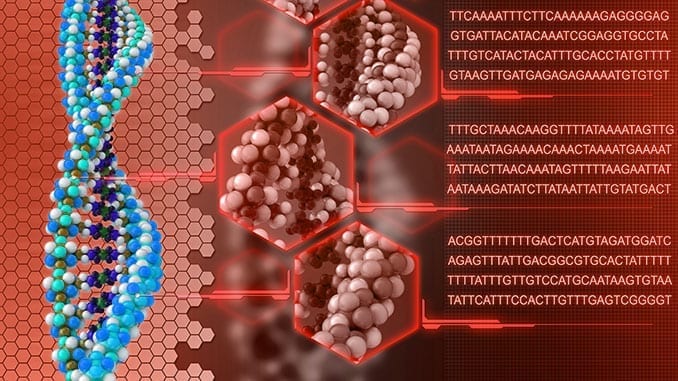 The World Health Organization/Pan-American Health Organization (WHO/PAHO) is meeting this week on the application of Whole Genome Sequencing (WGS) as a tool to strengthen surveillance and response in developing countries.
The World Health Organization/Pan-American Health Organization (WHO/PAHO) is meeting this week on the application of Whole Genome Sequencing (WGS) as a tool to strengthen surveillance and response in developing countries.
Experts will convene from 10-13 January 2017 in Washington, D.C.to draft a road map offering practical advice to developing countries interested in implementing WGS as part of real-time surveillance and response systems.
WGS has the potential to change the way we detect, assess, investigate, manage, and monitor microbiological hazards and to improve the treatment of people suffering from infectious diseases. It allows for the identification and characterization of microorganisms with a level of specificity not previously possible.
The technology provides significant cross-sector potential, enabling uniform typing systems across animal, food and human sectors.
In developed countries, the use of WGS has primarily been in a research setting, but this is changing quickly as the cost of this technology and its associated methodologies drop. However, the implementation of WGS in developing countries to support their public health systems is not straightforward, and many challenges exist. It is likely that unnecessary effort and waste of limited resources will occur without international leadership and advice.
Source: WHO, adapted


